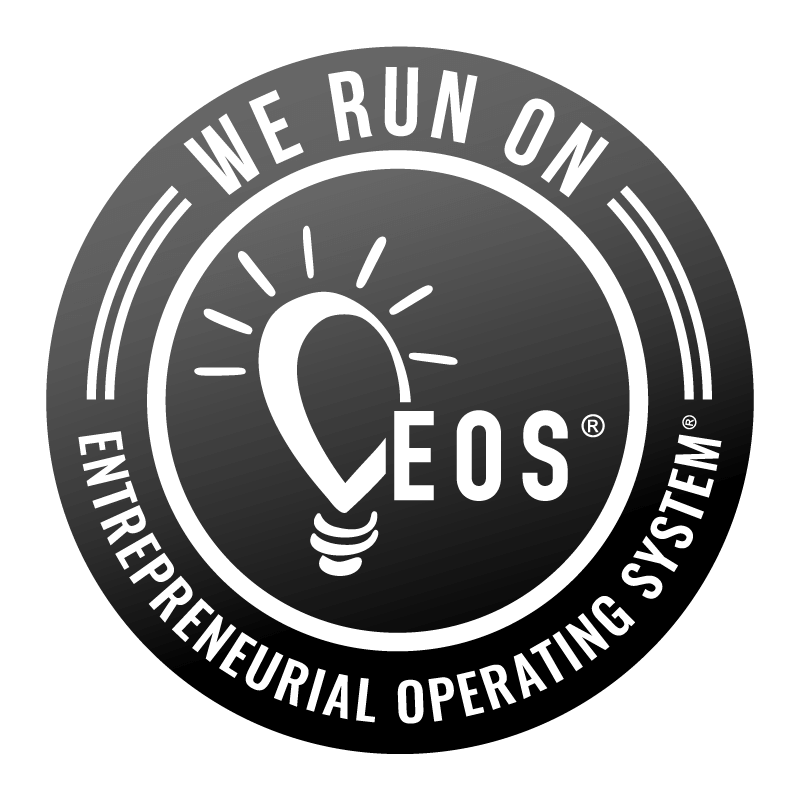Effective collaboration is about choice.
“Teamwork makes the dream work.” This phrase is often attributed to John C. Maxwell, a well-known author, leadership expert, and motivational speaker. The saying promotes the idea that success is not solely dependent on individual abilities but is rather a result of effective collaboration.
It’s the type of thing that is likely to get you some cross looks if you say it in a sports environment but works in business. I’ve said it tongue in cheek many times because it’s so corny it gets people’s attention, much like bellowing “strategery” in my best Will Ferrell/George W. Bush voice.
In today’s B2B marketing landscape, teaming up with a marketing agency is vital for achieving business objectives. I’ve witnessed firsthand how a well-defined working relationship with your marketing agency can enhance your marketing efforts and deliver tangible results.
Here are three effective ways you can choose to collaborate with your marketing agency—marketing strategy, project-based assistance, and retainers.
1. Marketing Strategy
At the heart of a successful marketing campaign lies a solid strategy. A marketing strategy is ideal for companies that don’t have a documented plan to guide and measure their marketing. When collaborating with your marketing agency on strategy development, there are several crucial steps to consider:
Understanding Your Business and Goals
To craft a winning marketing strategy, your agency needs to understand your business inside out. Start by conducting a thorough business analysis to grasp your unique selling proposition, target audience, competitive landscape, and overall business goals. You can ensure that every effort contributes to your bottom line by aligning marketing strategies with your business objectives.
Developing a Comprehensive Marketing Communications Plan
Once your agency has a firm grasp of your business, it’s time to develop a comprehensive marketing plan. This involves conducting market research and competitor analysis to identify gaps and opportunities. The plan should include a customized strategy tailored to your target audience, buyer personas, and key performance indicators (KPIs) to measure success.
A sample marketing communications (marcom) plan includes these steps:
- Step 1: Market/Customer Analysis – Key Research Findings, Competitive Analysis, Market/Customer Analysis, Brand Audit, SWOT (Strengths, Weaknesses, Opportunities, and Threats) Analysis, Goals
- Step 2: Target Audience – Target Personas, Voice and Tone Chart
- Step 3: Marketing Strategies and Tactics
- Step 4: Creative Messaging Examples
- Step 5: Media Channel Recommendations
- Step 6: Marketing Calendar
- Step 7: Marketing Budget
- Step 8: Metrics for Success and KPIs
Work the Results
Collaboration doesn’t end with the development of a marketing plan. It’s crucial to establish regular communication channels with your agency. This allows for consistent updates on campaign progress and results. By analyzing data and metrics, you can refine your strategies and tactics, ensuring that you stay ahead of the curve. Plus, continuous feedback and review sessions help optimize the marcom plan.
2. Project-Based Assistance
When you have specific marketing projects that require specialized expertise, project-based assistance from a marketing agency can be a game-changer. This is best for businesses that have specific marketing projects and could use additional support to complete them. Here’s how you can make the most of this collaboration:
Identifying Project Needs
Before engaging an agency for a specific project, it’s essential to identify your marketing requirements and goals. Clearly outline the project deliverables and timeline, ensuring they align with your overall business objectives. Setting a realistic budget and allocating the necessary resources will also contribute to the success of the project.
Selecting the Right Agency
Choosing the right agency for your project is crucial. Conduct thorough research and evaluations of potential agencies. Request proposals and case studies to assess their capabilities and track record. Look for agencies with relevant industry expertise and experience in similar projects to ensure they can deliver the results you desire. We’re biased, but we hope you choose us.
Collaboration and Coordination
Effective collaboration and coordination are key to successful project execution. Clearly define project guidelines and expectations from the start, ensuring both parties are on the same page. Establish regular communication channels to track project progress, address any issues promptly, and provide necessary resources and feedback. This open line of communication will foster a collaborative environment and set the stage for project success.
3. Retainers
Establishing a retainer relationship with a marketing agency can be highly beneficial for businesses seeking ongoing marketing support. A retainer is recommended for mid-to-large-sized companies with an established strategy, budget, and diverse needs. Here’s how you can leverage this partnership for long-term success:
Defining the Scope of Work
When entering into a retainer, it’s crucial to define the scope of work clearly. Identify your ongoing marketing needs and outline specific deliverables. Allocating a fixed monthly budget for marketing services helps maintain transparency and allows both parties to plan effectively.
Dedicated Resource Allocation
One of the significant advantages of a retainer is access to a dedicated team of specialized marketing professionals. This team will work closely with your business, providing consistent support and availability for ad-hoc requests. Regular collaboration and brainstorming sessions will ensure that your marketing efforts stay fresh, innovative, and aligned with your business goals.
Long-Term Strategy and Growth
With a marketing retainer relationship, you’re not just getting short-term marketing support but investing in long-term strategy and growth. Your marketing agency can continuously refine your marketing strategies, adapting them to evolving market trends and customer needs. Leveraging their expertise and industry knowledge, they can help you identify new opportunities and navigate challenges, ultimately driving sustained growth for your business.
Collaborating effectively with your marketing agency is essential for maximizing your marketing efforts and achieving your business goals. Remember, a strong marketing strategy is the foundation of your campaigns, and collaborating with your agency ensures alignment with your business goals. Project-based assistance allows you to tap into specialized expertise for specific marketing projects, while a marketing retainer provides ongoing support and dedicated resources for long-term success.
One size doesn’t fit all when it comes to marketing. As Dubya said, “The point now is how do we work together to achieve important goals.”











